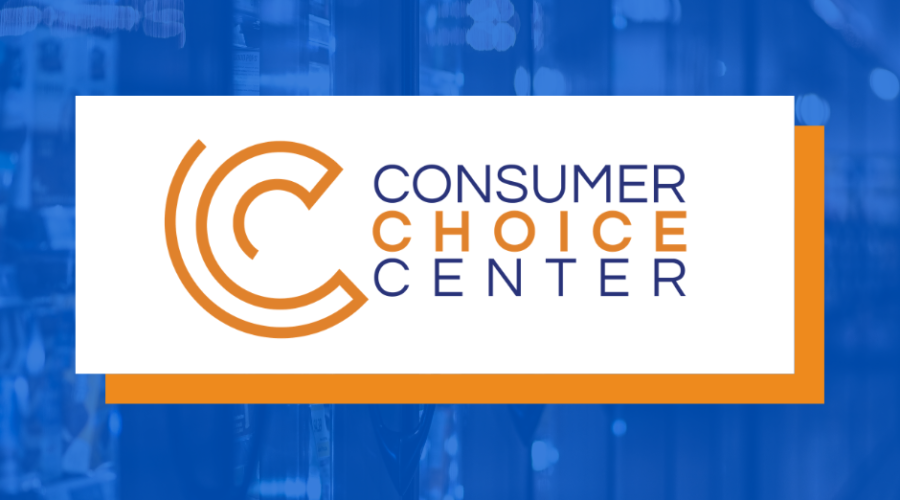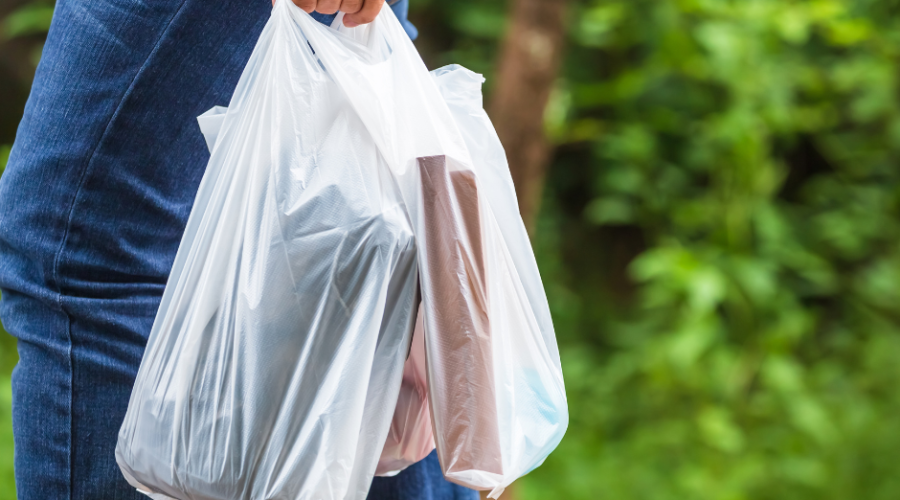Hold The Line on FDA Appropriations In Defense of Consumers

Dear House Appropriations Committee Members,
As an advocacy group engaged in work to protect and defend consumer choice, we urge you to keep in place Sections 768-769 of the Agriculture, Rural Development, Food and Drug Administration, and Related Agencies Appropriations Bill. These sections refer to limiting the funding of several rules issued by the Food & Drug Administration to ban entire flavored categories of various tobacco and nicotine products without any reference to safer alternatives that save lives.
Over the past year, the FDA held exhaustive hearings and consultations on these provisions, which we did participate in and opposed at the time. Despite protests from consumers and civil society groups, they were implemented regardless.
By keeping these funding restrictions in the bill, you can support consumers making their own product choices, while preserving safer nicotine alternatives and avoiding the negative repercussions that would follow from product prohibition.
It is vitally important that the House Appropriations Committee pursue an actionable plan for incorporating harm reduction and reduced-risk nicotine alternatives in policy and at the FDA, rather than shortsighted bans that threaten to boost illicit markets.
If the agency is serious about reducing smoking in our country, then the answer must center on harm reduction in all aspects, rather than ratcheting up bans and restrictions that will cause more harm.
Please keep these provisions in place and continue to stand tall in defense of consumer choice for your constituents.
Sincerely Yours,
Yaël Ossowski
Deputy Director
Consumer Choice Center











